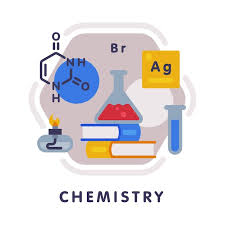
Introduction
The Bachelor of Science in Chemistry (BSc Chemistry) offers a comprehensive education in the field of chemistry, providing a deep understanding of chemical theory, research, and practical applications. The program is designed for students who are passionate about science and seek careers in chemical industries, research, or academia. Through rigorous coursework, laboratory training, and research projects, students will develop the skills necessary to solve complex scientific problems and innovate in the fields of materials, pharmaceuticals, and environmental science.
Program Curriculum
- Core subjects include organic chemistry, inorganic chemistry, physical chemistry, and analytical chemistry.
- Lab work that includes hands-on experiments, data analysis, and safety practices.
- Students can choose electives in specialized areas such as:
- Biochemistry
- Medicinal Chemistry
- Environmental Chemistry
- Key courses include:
- Organic Chemistry I & II
- Inorganic Chemistry
- Physical Chemistry
- Analytical Chemistry
Research and Laboratory Experience
The BSc Chemistry program emphasizes practical laboratory skills. Students will engage in research projects under the supervision of faculty, developing expertise in areas such as organic synthesis, chemical analysis, and spectroscopy. Advanced lab courses allow students to work with modern instruments like NMR (Nuclear Magnetic Resonance), chromatography systems, and mass spectrometers. These projects foster critical thinking, problem-solving, and teamwork.
Career Opportunities
Graduates with a Bachelor of Science in Chemistry have a wide range of career paths available to them, including opportunities in the following fields:
- Pharmaceuticals: Chemists play a crucial role in drug development, formulation, and quality control.
- Environmental Science: Chemists help to monitor pollution, work on waste management, and develop eco-friendly materials.
- Research & Development: Chemical research in private and public sectors is vital for innovation in materials, energy, and health sciences.
- Education: Graduates can pursue teaching roles or further their studies in graduate programs.